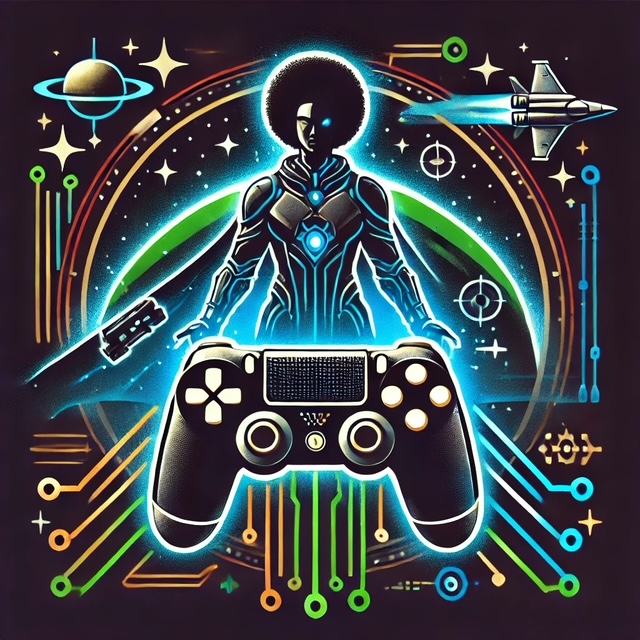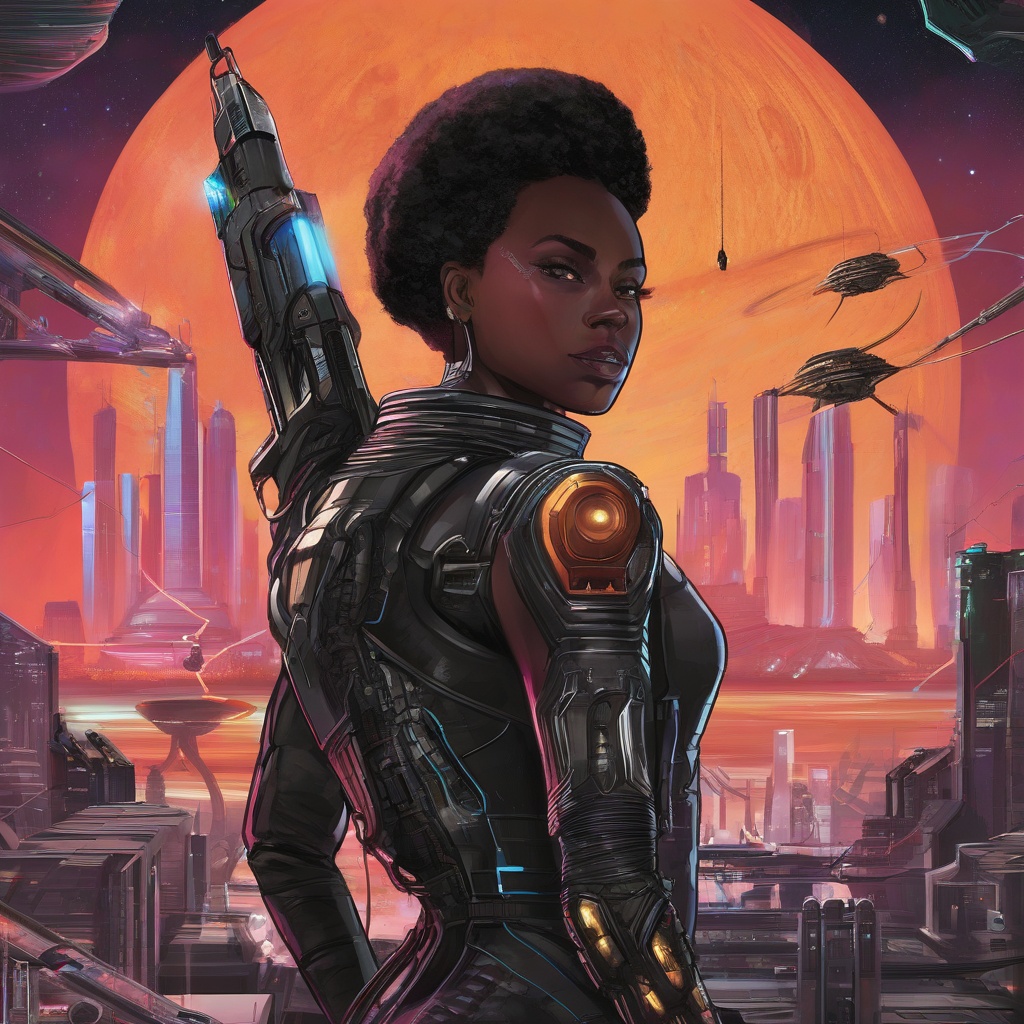Gaming, a medium celebrated for its boundless creativity and ability to bring diverse people together, has also been a platform where racism persists. From racist stereotypes in game design to toxic player behavior, racism in gaming is a systemic issue that demands attention. This blog explores the manifestations of racism in the gaming world, its root causes, and what can be done to foster inclusivity and equity in this multi-billion-dollar industry.
The Scope of Racism in Gaming
1. Representation in Games
Racism often begins at the foundational level of game development—representation. Many games either lack diverse characters or rely on harmful stereotypes when portraying people of color. Examples include:
- Stereotypical Characters: Games like Resident Evil 5 faced criticism for depicting African characters in reductive and offensive ways, reinforcing colonial-era stereotypes.
- Cultural Misappropriation: Games sometimes incorporate cultural elements without proper context or respect, reducing them to mere aesthetic choices. This can trivialize traditions and reinforce biases.
- Erasure of Diversity: A lack of characters from diverse racial or ethnic backgrounds further perpetuates a “default” standard, often white and male.
2. Racism in Gaming Communities
Gaming communities can serve as breeding grounds for hate speech and discrimination. Online multiplayer games often expose players to a torrent of racial slurs, harassment, and targeted abuse. For instance:
- Voice Chat Harassment: Black players and other minorities report frequent experiences of racist remarks during gameplay.
- Toxic Behavior Normalization: Many players dismiss racist behavior as “just jokes” or “trash talk,” undermining its serious impact.
- Ineffective Moderation: Gaming platforms often fail to address this toxicity adequately, allowing it to fester.
3. Workplace Discrimination in the Gaming Industry
Racism extends beyond the games and communities into the industry itself. Studies reveal that marginalized groups are underrepresented in key roles like game design, writing, and leadership. Employees of color often face microaggressions, pay disparities, and limited opportunities for advancement.
Root Causes of Racism in Gaming
1. Historical Bias in Media
Gaming, like other entertainment media, has inherited many of its biases from broader cultural trends. Historically, media has perpetuated racist tropes, and games have been no exception. The industry has lagged behind in recognizing and addressing these issues.
2. Lack of Diversity in Development Teams
The lack of diversity within gaming studios is a significant factor. When teams lack individuals from diverse backgrounds, they are more likely to produce content that unintentionally perpetuates stereotypes. Diverse teams bring varied perspectives, enabling more nuanced and respectful representations.
3. Unchecked Toxicity in Online Spaces
The anonymity of online gaming enables toxic behavior to thrive. Players feel emboldened to use racial slurs or exhibit racist behavior without fear of real-world consequences. Inadequate moderation tools exacerbate this issue, leaving marginalized players vulnerable.
4. Profit Over Principles
Some companies prioritize profits over ethics. They may shy away from addressing racism in their games or communities for fear of alienating a portion of their audience. This lack of accountability sends a message that such behavior is acceptable.
The Impact of Racism in Gaming
1. On Players
For players of color, experiencing racism in gaming can lead to feelings of alienation and exclusion. Gaming should be an escapist, enjoyable activity, but racism turns it into a hostile environment. It discourages participation and limits the potential of gaming as a truly inclusive space.
2. On the Industry
The gaming industry itself suffers when it fails to embrace diversity. By perpetuating racism, companies alienate potential customers and collaborators. This results in missed opportunities for innovative storytelling, broader market appeal, and a richer gaming culture.
3. On Society
Gaming is one of the most influential forms of media today, shaping the perceptions of millions worldwide. When games perpetuate racism, they reinforce harmful stereotypes and biases, contributing to systemic inequalities in broader society.
Steps Toward Change
1. Better Representation in Games
- Hire Diverse Talent: Game studios must prioritize hiring writers, designers, and developers from diverse racial and cultural backgrounds.
- Avoid Stereotypes: Games should move beyond clichés and create multidimensional characters who reflect real-world diversity.
- Collaborate with Communities: Partnering with cultural consultants can help ensure accurate and respectful representations.
2. Fostering Inclusive Gaming Communities
- Stronger Moderation Tools: Platforms need robust systems to detect and punish racist behavior. AI-driven moderation and user-reporting systems can help.
- Clear Codes of Conduct: Gaming companies should implement and enforce strict guidelines against hate speech and discrimination.
- Empowering Allies: Educating players about the impact of racism and encouraging them to stand against it can help create safer spaces.
3. Holding Companies Accountable
- Public Transparency: Companies should regularly report on their diversity and inclusion efforts, as well as their strategies to combat racism.
- Boycotting Problematic Games: Players and advocates can hold companies accountable by refusing to support games or platforms that tolerate racism.
- Community-Led Initiatives: Independent organizations and advocacy groups can help spotlight issues and push for change.
4. Education and Awareness
- Workshops and Training: Companies should conduct regular diversity and inclusion training for employees.
- Representation in Media: Highlighting stories of developers and players of color can inspire change and challenge stereotypes.
5. Supporting Developers of Color
- Funding Initiatives: Providing grants and resources to independent developers from marginalized backgrounds can lead to more diverse and authentic games.
- Promoting Diverse Voices: Platforms like Steam, Xbox, and PlayStation can feature games made by underrepresented creators.
Positive Progress and Success Stories
While the problem is significant, progress is being made. Recent years have seen:
- Games That Break Stereotypes: Titles like Spider-Man: Miles Morales and Tell Me Why showcase diverse protagonists and inclusive storytelling.
- Advocacy Organizations: Groups like Black Girl Gamers and Latinx in Gaming are creating safe spaces and amplifying voices within the industry.
- Industry Initiatives: Companies like Ubisoft and Microsoft have started programs aimed at fostering diversity and inclusion.
These examples demonstrate that change is possible, but there is still much work to be done.
Conclusion: A Call to Action
Racism in gaming is not a problem that will solve itself. It requires collective effort—from developers, companies, players, and advocates—to create a truly inclusive gaming world. By addressing issues of representation, fostering inclusive communities, and holding the industry accountable, we can ensure that gaming fulfills its potential as a space for everyone to connect, create, and thrive.
The time for action is now. Gaming is not just entertainment; it is a powerful cultural force. Let’s make it one that champions equity and celebrates diversity. Together, we can level up the industry to be as inclusive as the worlds we dream of in our games.


